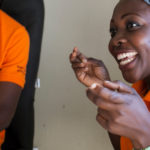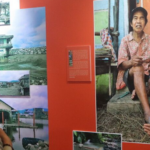
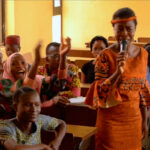
Ipas’s local partner, Onelife Initiative for Human Development, has helped Nigerian college students take control of their sexual and reproductive health through a program called “Campus Wey Sabi,” a title which loosely translates to “campus knows best.” Through measuring student knowledge, training local health-care vendors, and hosting on-campus sessions with students and health providers, the program achieved significant results in just four months.
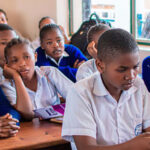
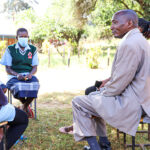
Entashata strives to bridge gaps in education, women’s rights, and reproductive health in his community in Loita. The organization’s commitment to education resulted in an annual campaign to enroll boys and girls in schools, boasting over 50 girls supported completing their secondary education.
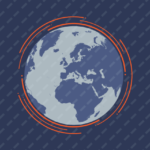
Ipas Africa Southern Region (ASR) joined the world to commemorate the International Day of the Girl Child reflecting on this year’s theme: Invest in Girls’ Rights: Our Leadership, Our Well-being.
The United Nations General Assembly on 19 December 2011, adopted Resolution 66/170 declaring October 11 as the International Day of the Girl Child, recognizing girls’ rights and the unique challenges girls face around the world.


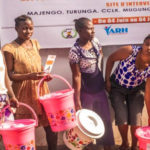
Representatives of seven youth groups from across the Democratic Republic of the Congo (DRC) are joining forces to advocate for sexual and reproductive health and rights, including safe abortion care in accordance with the Maputo Protocol.
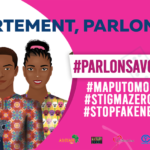
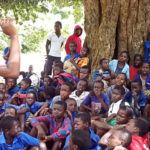
Tisungane Sitima was one of the first students in the gender and development program at Lilongwe University of Agriculture and Natural Resources in Malawi—an experience that set her on the path to becoming a champion of sexual and reproductive rights. In this Q & A, she talks about why she became an advocate and her work as chairperson of Ipas Malawi’s initiative to protect access to abortion and contraceptive services during—and beyond—the coronavirus pandemic.

Samuel Lamptey grew up around women—he has 11 sisters. This experience has helped him understand and empathize with the issues women face, including unwanted pregnancy and unsafe abortion. “We cannot make progress if we don’t understand the issues of women,” he says.
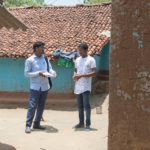
In rural villages in Jharkhand State, India, men tend to make decisions about family matters. But youth leaders—trained by Ipas Development Foundation (IDF)—are sharing sexual and reproductive health information and, ultimately, chipping away at traditional gender roles.
